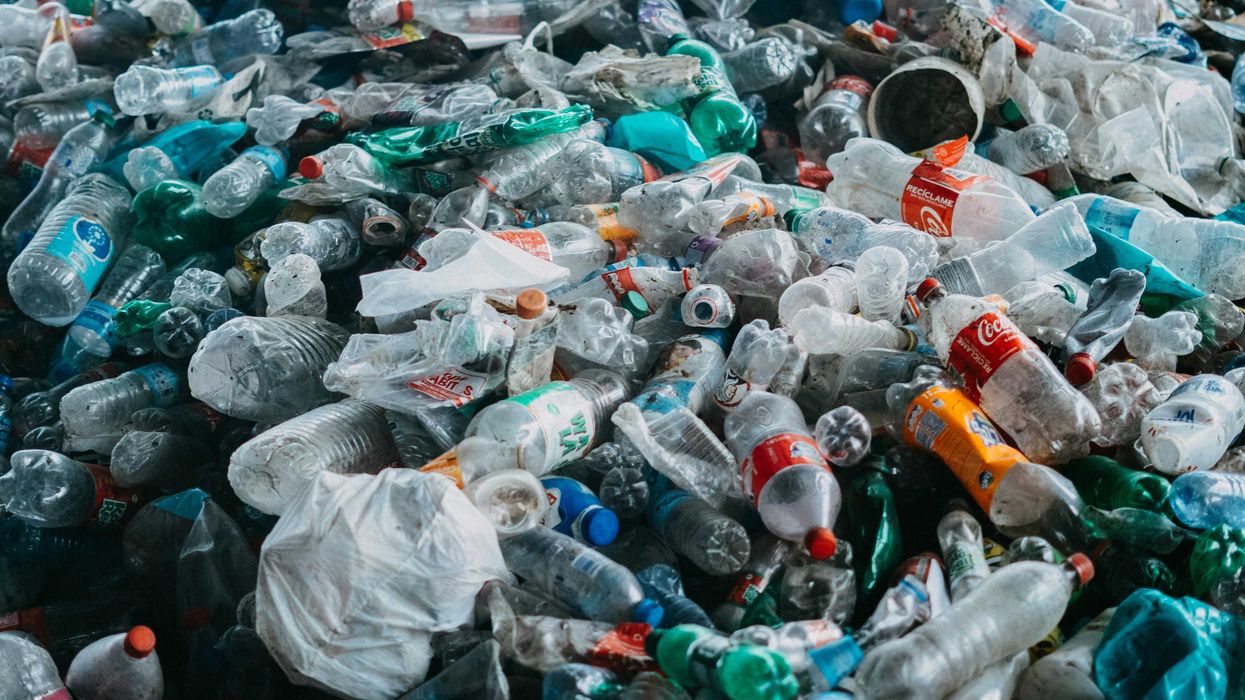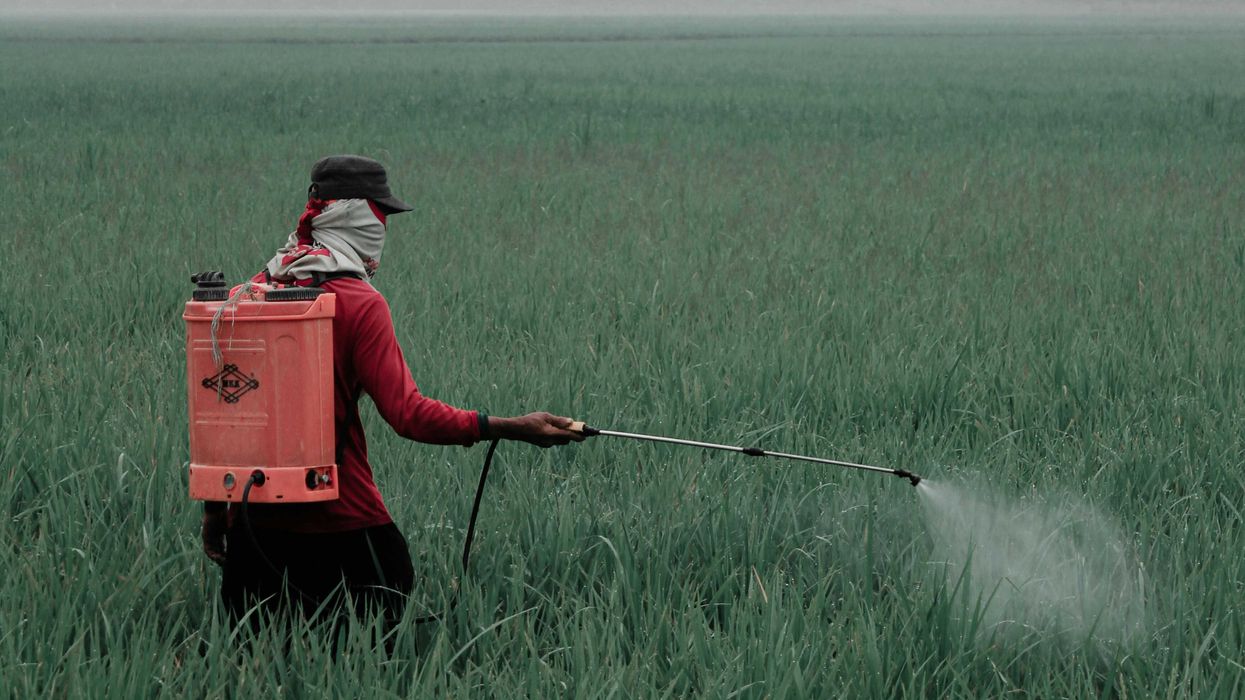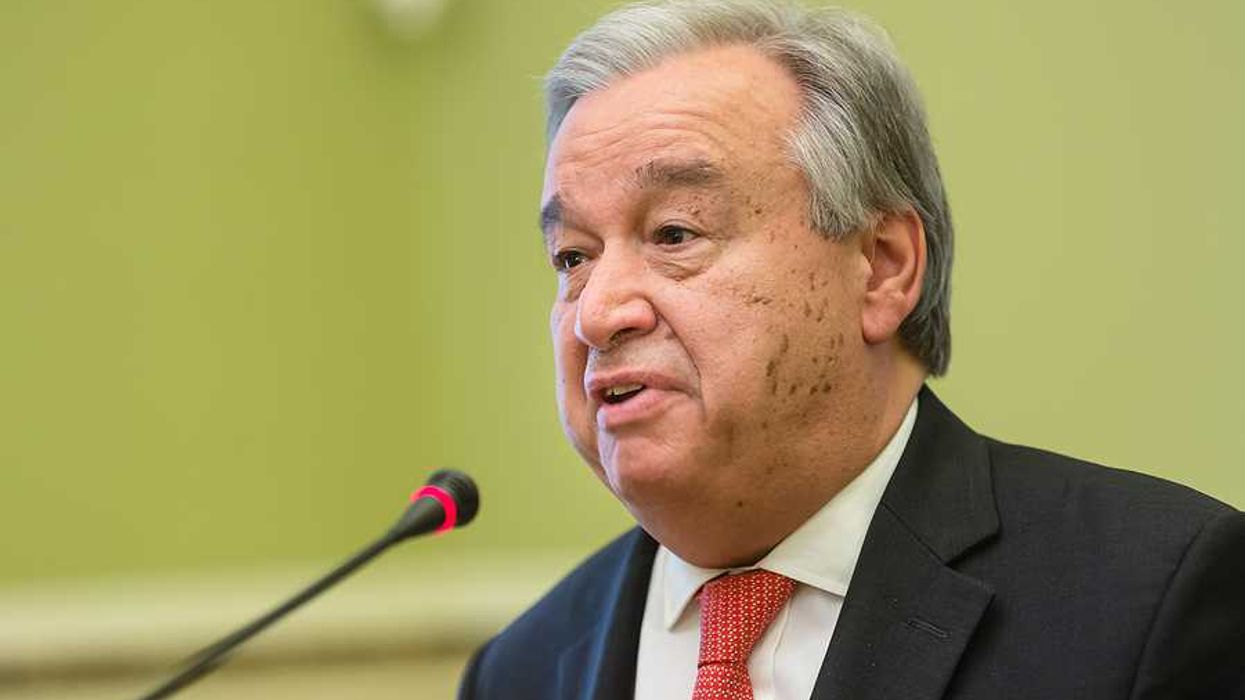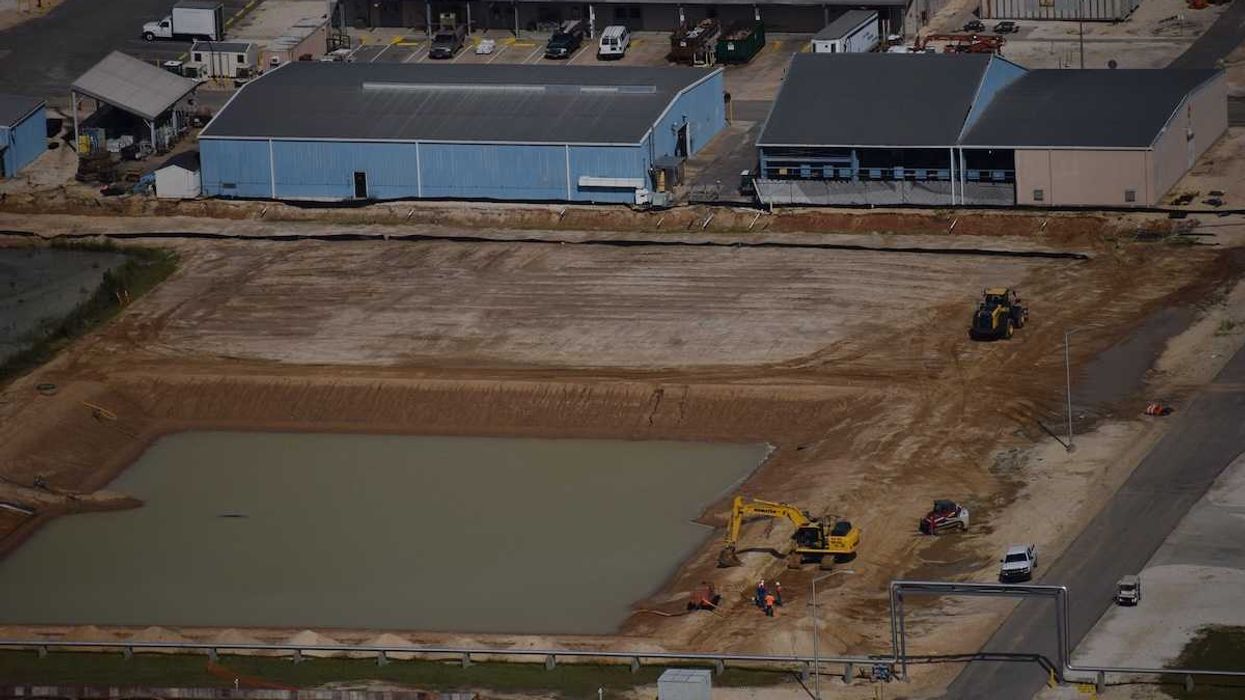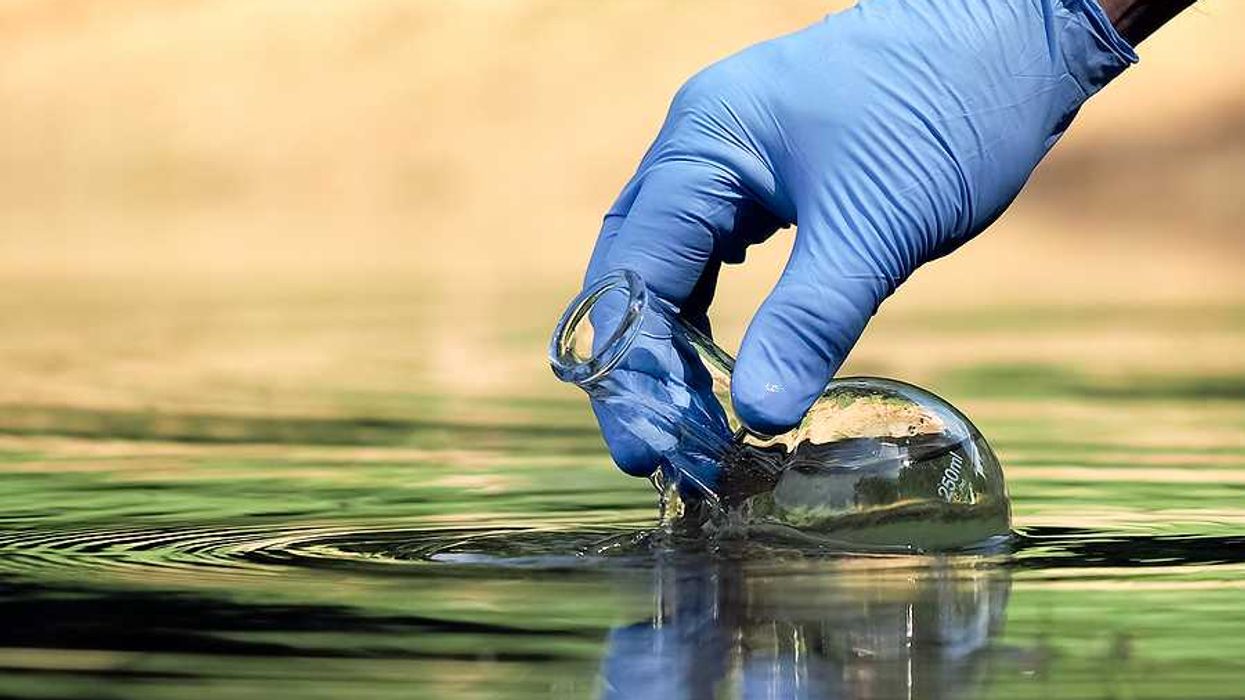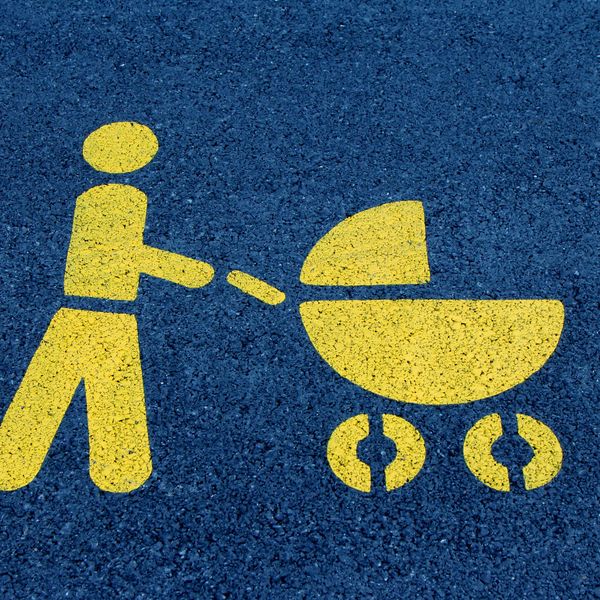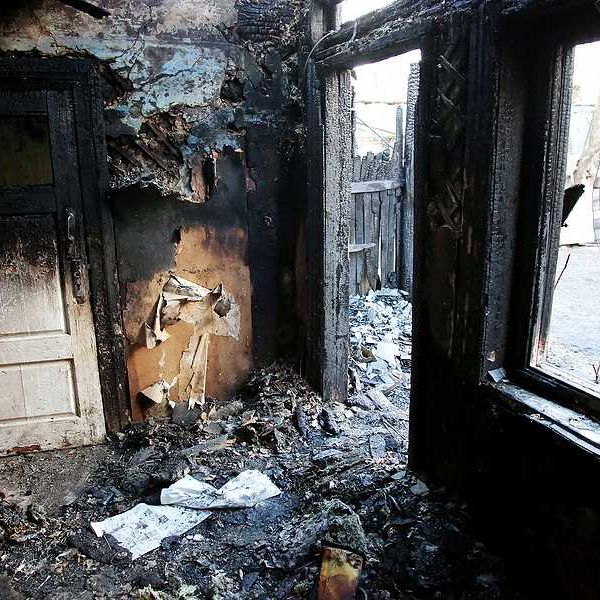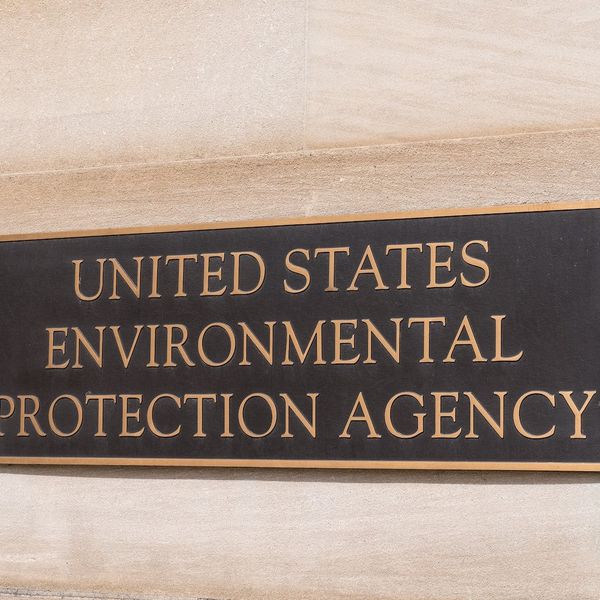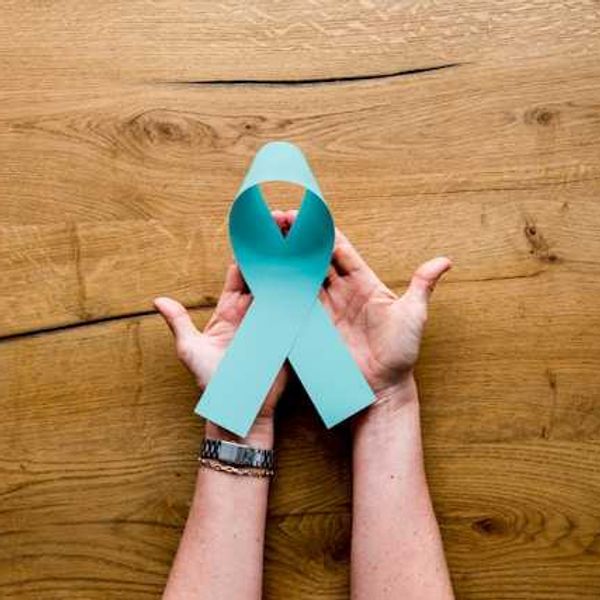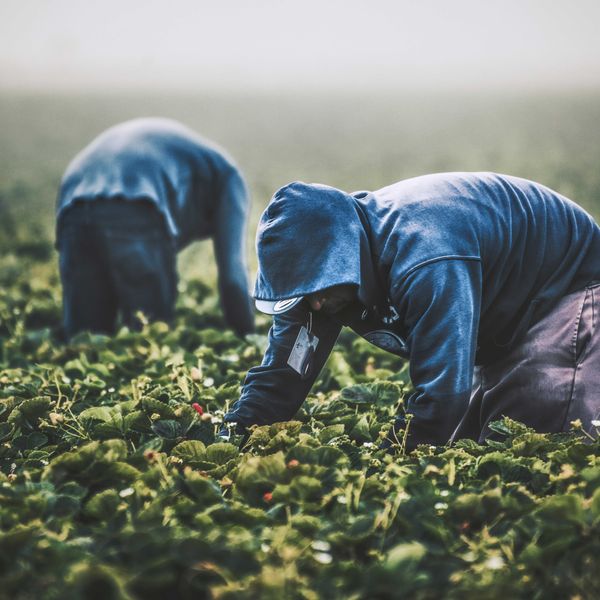Mexican regulators ordered an urgent cleanup at a Monterrey-area plant after finding 30,000 tons of improperly stored hazardous waste linked to U.S. steel recycling, raising fears of lead, cadmium and arsenic contamination in nearby communities.
Verónica García de León and Erin McCormick report for The Guardian.
In short:
- Mexican environmental authorities discovered improperly stored toxic waste at the Zinc Nacional plant, which recycles U.S. steel industry waste to recover zinc.
- Soil and dust samples from nearby homes and schools revealed dangerous levels of lead, cadmium and arsenic, sparking a deeper investigation.
- Regulators ordered the plant to move hazardous material into proper storage and shut down unauthorized equipment.
Key quote:
“Did they conduct extensive sampling of soil and dust in nearby communities? Those steps are essential to assessing the risk to residents.”
— Bruce Lanphear, Simon Fraser University
Why this matters:
The good news here is that a cross-border journalistic investigation spurred officials to take action. It's important to note that this incident represents a larger pattern where U.S. industries export their dirtiest byproducts across the border, leaving vulnerable communities to bear the environmental and health fallout. Lead and arsenic exposure is linked to developmental delays, cancer, and neurological damage, making this a ticking public health crisis.
Read more: Clairton residents on the proposed U.S. Steel class action settlement: “It’s not enough.”


